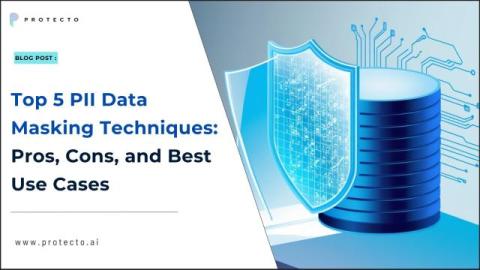Phishing Attacks Are Now Leveraging Google Ads to Hijack Employee Payments
Researchers at Silent Push warn that a phishing campaign is using malicious Google Ads to conduct payroll redirect scams. The attackers are buying search ads with brand keywords to boost their phishing pages to the top of the search results. “We have identified hundreds of domains primarily focused on Workday users and high-profile organizations, including the California Employment Development Department (EDD), Kaiser Permanente, Macy’s, New York Life, and Roche,” the researchers write.










